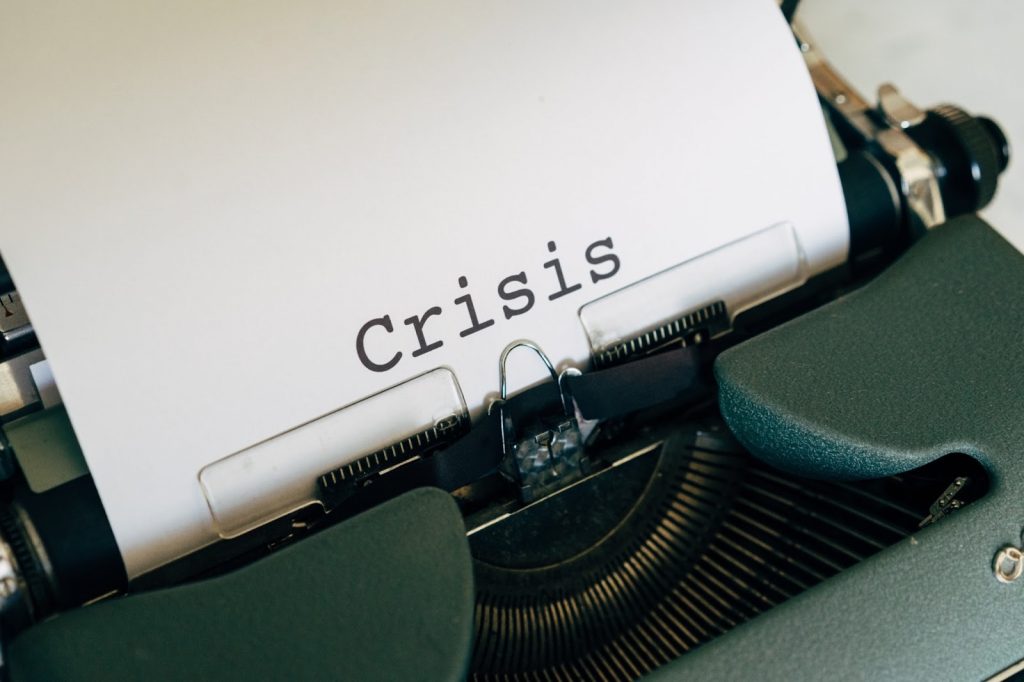The worst has happened. Your company is in the middle of a crisis, and you need to communicate with your customers, employees, stakeholders, and shareholders. Many things can go wrong during this type of stressful time. Here are seven mistakes that you should avoid at all costs.
Speak too soon
It is crucial to get the facts straight before communicating with the public. However, if you do not have all the information, you could worsen things. Therefore, it’s best not to speak too soon and be sure to communicate with the public only after you have all of your facts together.
Don’t have a plan
Another public relations mistake you should avoid is not having a crisis communication plan. A good public relations firm will help you create an effective strategy that considers all of your needs and the specific factors involved with each unique situation.
Acting without a solid and professional plan will only make your situation worse.
Use jargon when speaking to non-technical people
When speaking to the public, it’s better to use language that everyone can understand. Using jargon or technical terms will only confuse people and make them distrust your message.
Many businesses failed because they could not communicate effectively with their stakeholders and the public. Don’t let this happen to you!
Not using social media
It is vital to use all of the tools at your disposal during a crisis. One such tool is social media. The company can use social media to share information, answer questions from the public, and send public messages.
Don’t ignore social media during a crisis, as it could be the most powerful tool you have!
Rely on just one channel of communication
It is important to communicate with your public through multiple mediums and channels during a crisis. Whether that means using e-mail or phone calls, don’t rely on just one method. This will help ensure that your public receives the information they need.
Give out conflicting information
During a crisis, you might receive conflicting information from different people. However, it is important to share only one public relations message. If there are competing messages, your stakeholders will become confused and distrustful of your public relations team.
Stay on message and ensure that all of your business communication are consistent with each other.
Not preparing employees
Communication with them during a crisis is important to prevent employee confusion and gossip. Employees will undoubtedly have questions about the situation, and you should be prepared to answer them.
If you do not communicate with your employees, they will likely make up their own stories about what is happening. This could lead to chaos and discord within your company.
Last words
Effective communication during a crisis is one of the most significant challenges an organization may face. The last thing you want is public relations mistakes that cause your public to lose trust in you, so be sure to avoid these seven errors at all costs.



